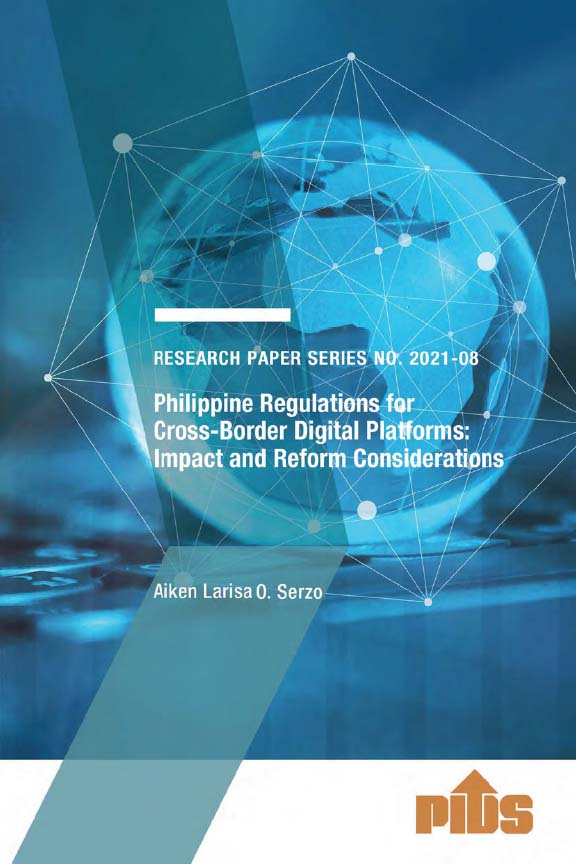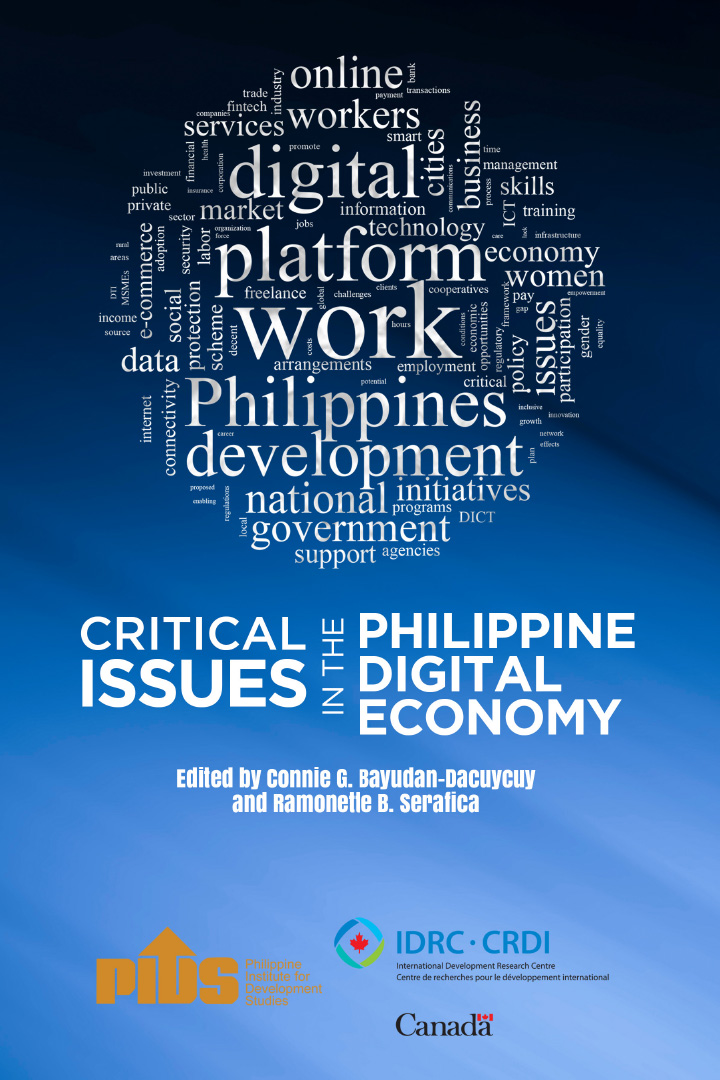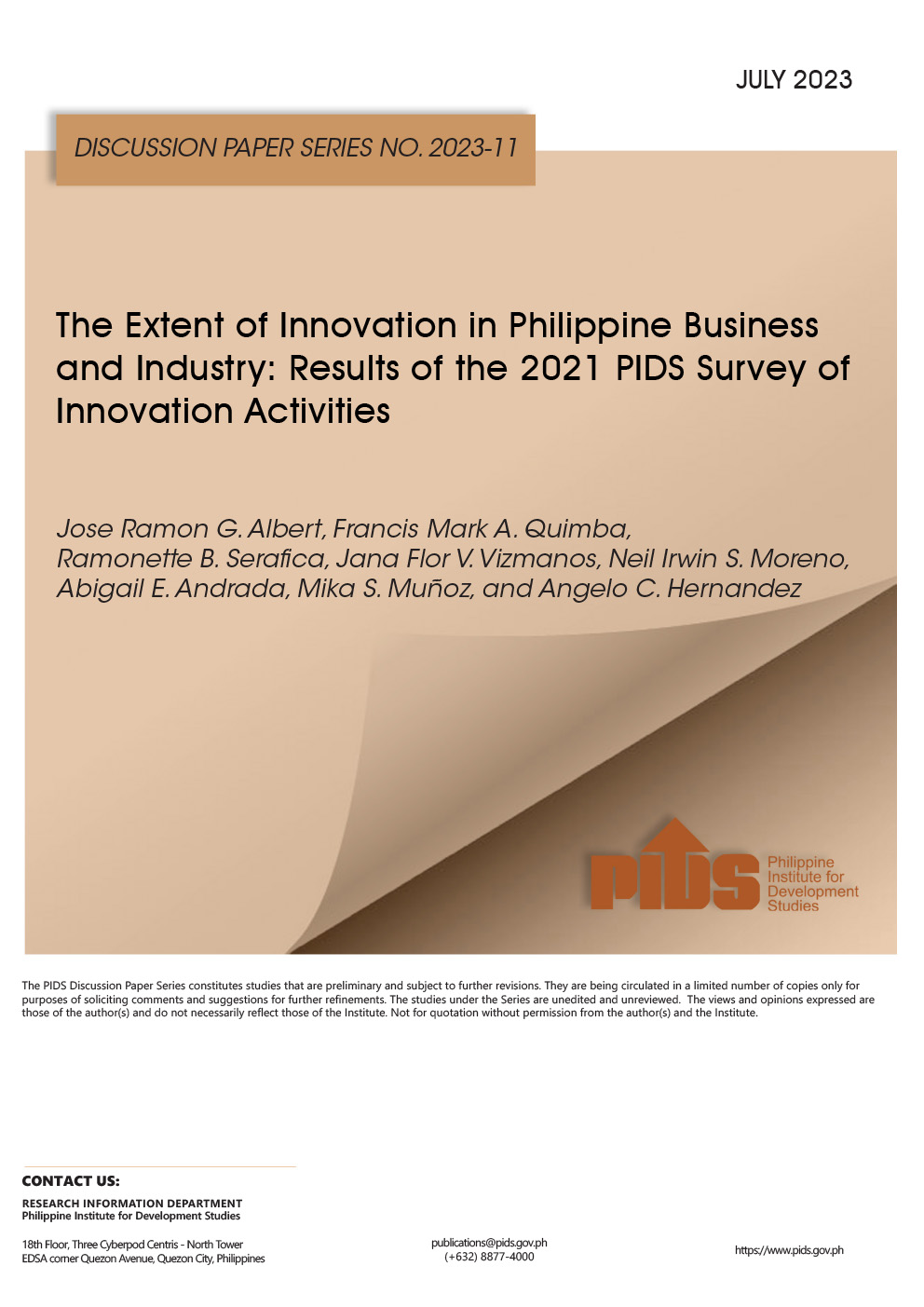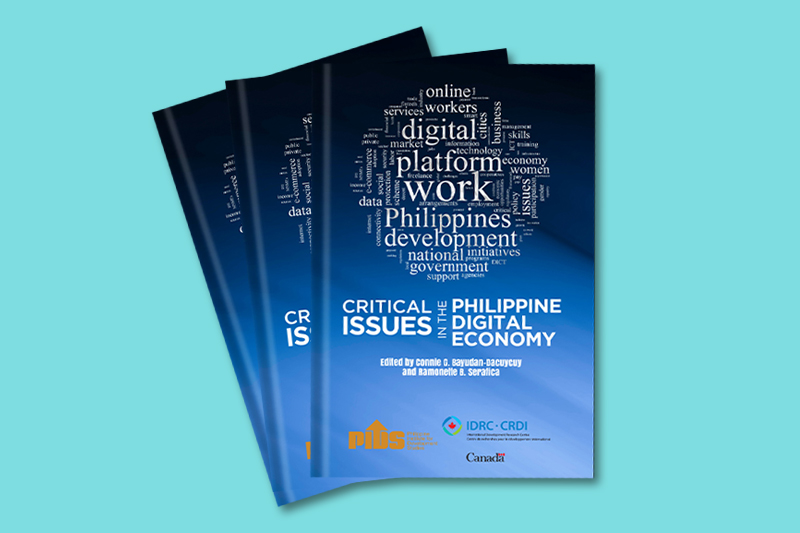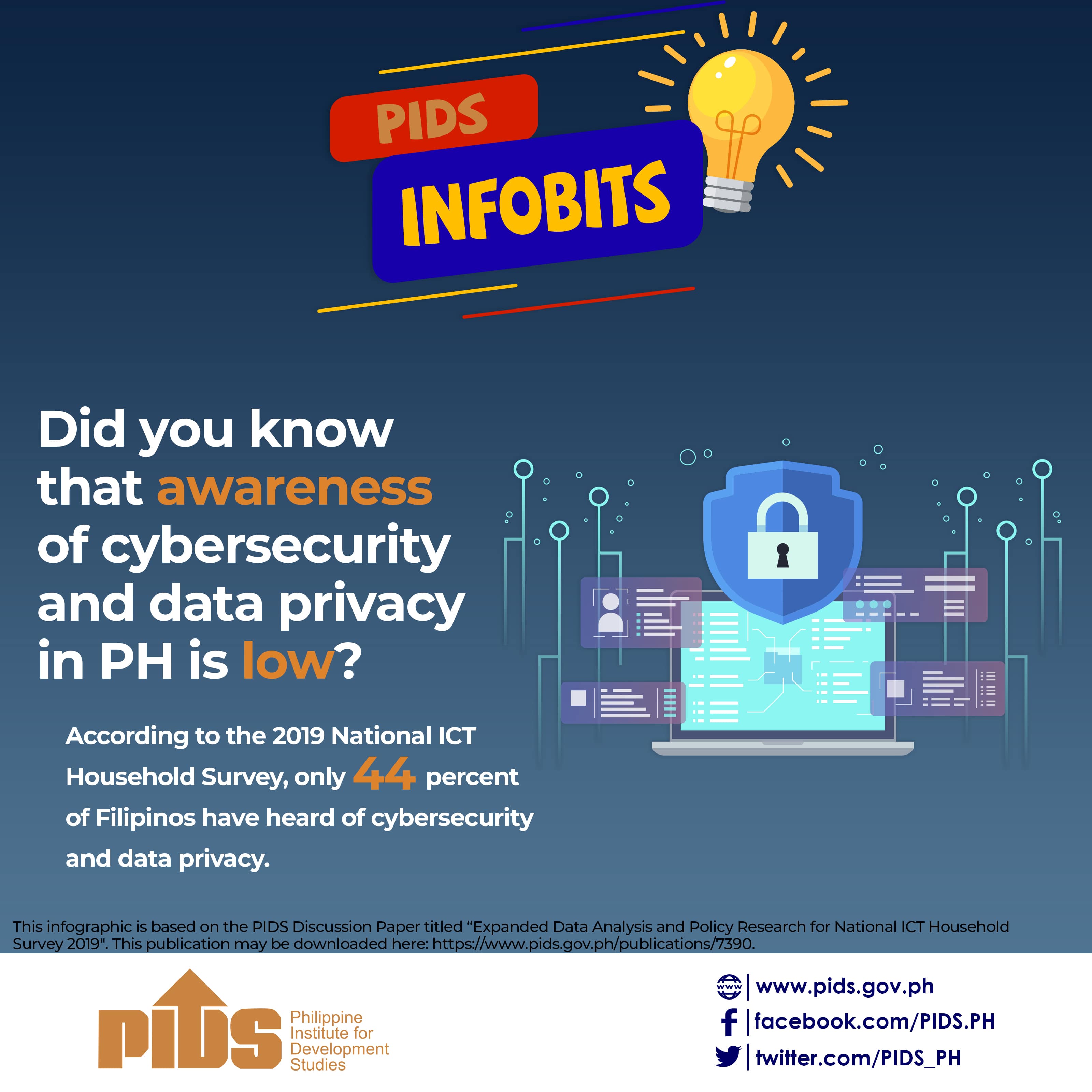This study reviews Philippine regulations governing digital platforms with cross-border operations and the impacts of these laws on the ability of platforms to innovate and participate in the global economy. There is no shortage of constitutional, statutory, and policy support for innovation, e-commerce, digitization, and entrepreneurship. However, there is a disconnect between these policies and the environment created by how implementing statutes and regulations evolved. These regulatory gaps could negatively impact digital platforms in two ways. First, they inhibit innovation because uncertainties could limit funding opportunities and discourage firms from developing or launching novel products. Second, gaps and overlaps could lead to cross-border and domestic regulatory arbitrage, forcing firms to relocate to areas or jurisdictions where risks are more manageable. Therefore, this paper recommends a recalibration of regulations, taking into consideration the policy objectives on innovation vis-à-vis the protection of Filipino consumers and entrepreneurs. Policymakers could take advantage of regulatory intersections to further innovation policies. They could also consider various interventions to achieve such reforms without necessarily resorting to constitutional changes. The government could review its taxation, labor, consumer protection, and investment regulations, ensuring that these laws do not stifle innovation.

